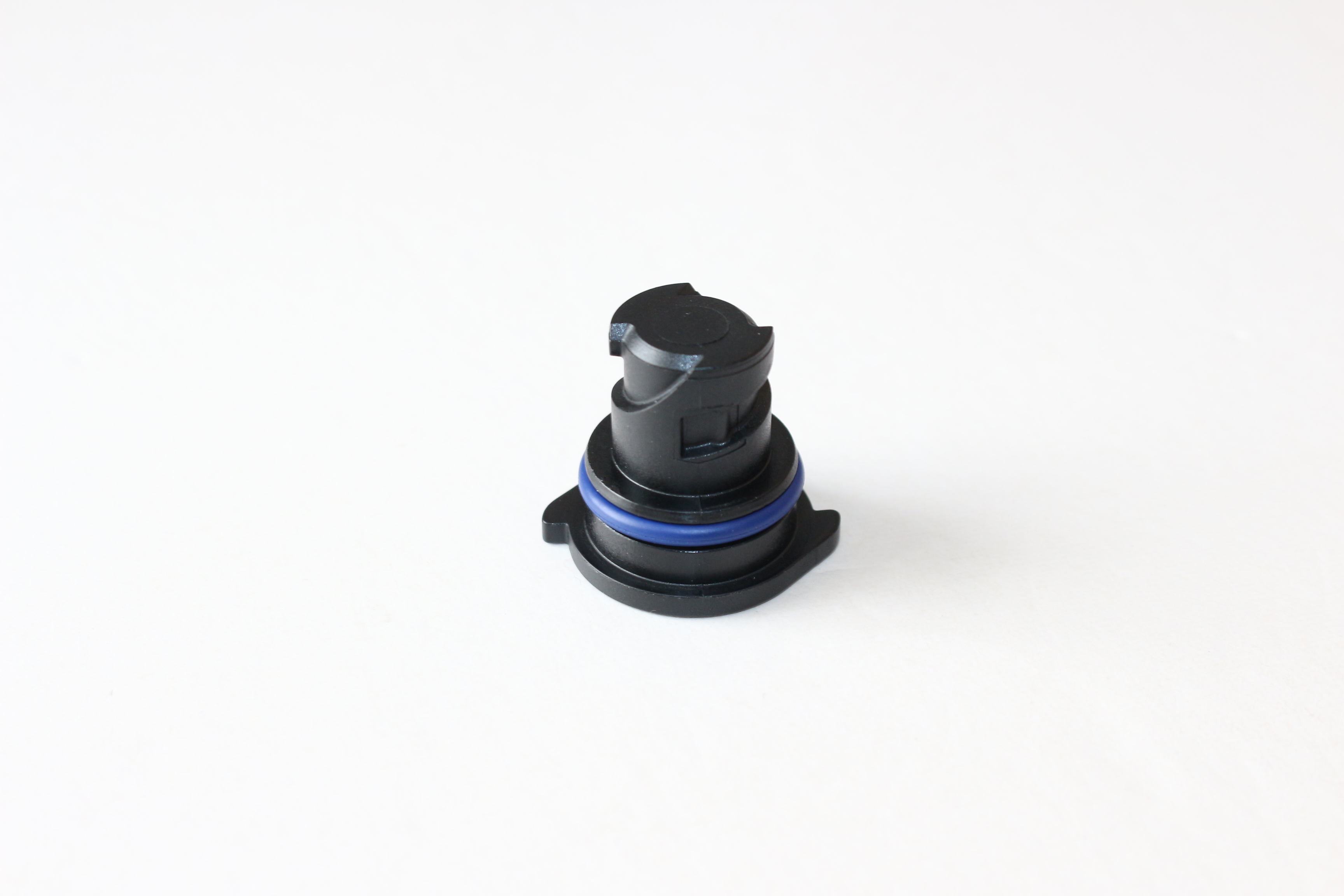rondelle bonded seal
Understanding Rondelle Bonded Seals A Comprehensive Overview
Rondelle bonded seals, often referred to simply as bonded seals, are essential components in various engineering and industrial applications. Their unique design and construction allow them to provide a reliable sealing solution, particularly in high-pressure and challenging environments where traditional seals might fail. This article delves into the characteristics, applications, and advantages of rondelle bonded seals.
What are Rondelle Bonded Seals?
Rondelle bonded seals are typically made of a combination of rubber and metal. The core of the seal usually consists of a circular metal ring, which serves to provide structural integrity and strength. This metal component is bonded to a rubber sealing element that creates a flexible and durable seal. The rubber used can vary in composition, with options like nitrile, silicone, or fluorocarbon, depending on the specific application and the types of fluids or gases being sealed.
How Do They Work?
The primary function of a rondelle bonded seal is to create a tight seal between two surfaces, preventing leakage of fluids or gases. When installed, the rubber element compresses under pressure, filling any gaps between the mating surfaces. This compression not only keeps the seal tight but also allows for some flexibility, accommodating any thermal expansion or movement of the components over time. This characteristic is crucial in applications involving machinery where vibrations and shocks are common.
Applications of Rondelle Bonded Seals
Rondelle bonded seals are widely used across various industries. Common applications include
1. Automotive Industry In automotive engines and transmissions, where leaks can lead to severe performance issues and environmental concerns, these seals are vital. 2. Hydraulic Systems High-pressure hydraulic systems depend on rondelle bonded seals to prevent hydraulic fluid from leaking, ensuring the system operates efficiently and safely.
rondelle bonded seal

3. Aerospace In aerospace applications, where weight and reliability are critical, bonded seals are often utilized in fuel systems and hydraulic circuits.
4. Marine Applications The corrosive nature of marine environments makes bonded seals an ideal choice for sealing applications in boats and ships, protecting sensitive components from saltwater intrusion.
Advantages of Rondelle Bonded Seals
Rondelle bonded seals offer several advantages over traditional sealing solutions
- Versatility These seals can be designed to work with various fluids, including oils, fuels, and water, making them suitable for a multitude of applications. - Durability The combination of metal and rubber provides excellent resistance to wear and tear, extending the life of the seal.
- Ease of Installation Rondelle bonded seals are relatively simple to install, reducing downtime and labor costs associated with sealing jobs.
- High-Pressure Resistance Their robust construction allows them to withstand significant pressures, making them ideal for high-performance applications.
Conclusion
Rondelle bonded seals play a crucial role in maintaining the integrity of various systems across multiple industries. Their unique combination of materials provides a reliable and effective sealing solution, capable of withstanding challenging conditions. As industries continue to innovate and demand more from sealing technologies, the importance of high-quality bonded seals will only continue to grow. Whether in automotive, aerospace, or industrial applications, rondelle bonded seals are an indispensable component in the realm of fluid and gas containment.
-
Simplifying Oil Changes: A Comprehensive Guide to Oil Drain Plugs and Their Variants
News Aug.04,2025
-
Mastering Oil Drain Maintenance: Solutions for Stripped, Worn, and Upgraded Oil Plugs
News Aug.04,2025
-
Fixing Oil Pan Plug Issues: Leaks, Stripped Nuts, and the Right Replacement Solutions
News Aug.04,2025
-
Everything You Need to Know About Oil Drain Plugs: Sizes, Fixes, and Upgrades
News Aug.04,2025
-
Choosing the Right Oil Drain Plug: A Guide to Sizes, Materials, and Drain Innovations
News Aug.04,2025
-
A Complete Guide to Automotive Drain Plugs: Types, Problems, and Innovative Solutions
News Aug.04,2025
-
The Ultimate Guide to Car Repair Kits: Tools and Essentials Every Driver Should Own
News Aug.01,2025
Products categories















